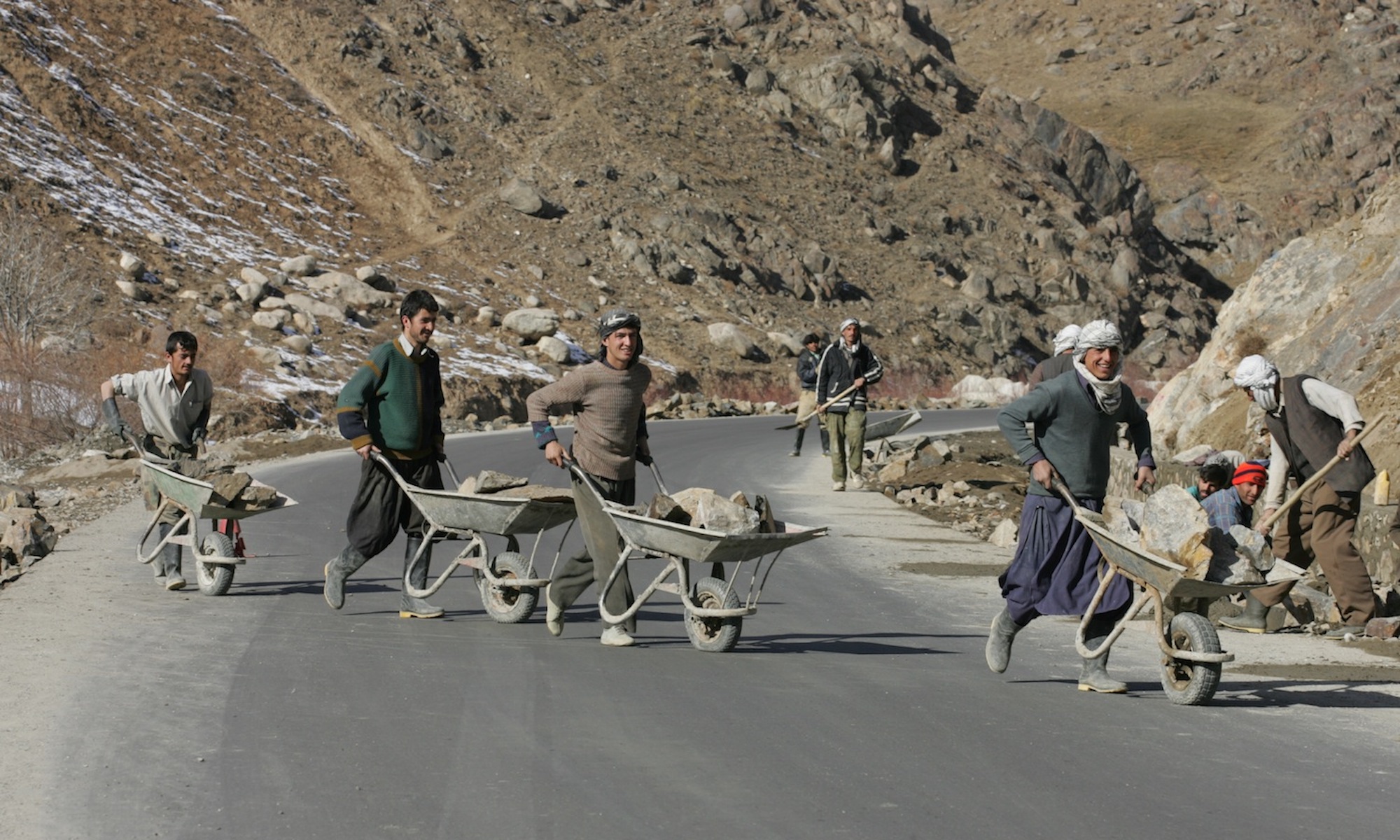The post-World War II occupations of Germany and Japan set standards for postconflict nation-building that have not since been matched. Only in recent years has the United States has felt the need to participate in similar transformations, but it is now facing one of the most challenging prospects since the 1940s: Iraq. The authors review seven case studies – Germany, Japan, Somalia, Haiti, Bosnia, Kosovo, and Afghanistan – and seek lessons about what worked well and what did not. Then, they examine the Iraq situation in light of these lessons. Success in Iraq will require an extensive commitment of financial, military, and political resources for a long time. The United States cannot afford to contemplate early exit strategies and cannot afford to leave the job half completed.

INSCT Postconflict Research Database
The Institute for National Security and Counterterrorism's Postconflict Research Database & Analysis Project stores cross-indexed bibliographic information on hundreds of journal articles, books, book chapters, and case reports that address the broad, interdisciplinary fields of postconflict reconstruction, stabilization, and peacebuilding.
47 Replies to “America’s Role in Nation-Building: From Germany to Iraq”
Comments are closed.